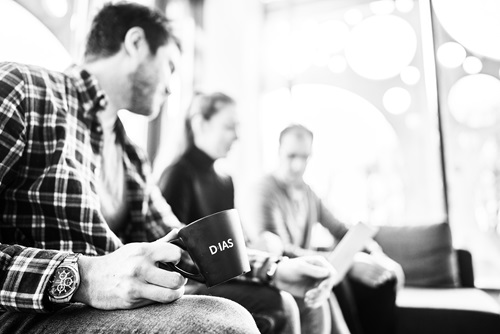DIAS on social media
See our LinkTree
An interdisciplinary elite research center dedicated to world-class, curiosity-driven research. DIAS operates independently across the traditional faculty structure at SDU.
The Danish Institute for Advanced Study (DIAS) is a home for curious and ambitious minds. We bring together outstanding researchers across disciplines and career stages to create space for free thinking, new connections, and ideas that resist easy categorization.
DIAS provides an intellectual space for world-class research. Here, curiosity, disciplinary depth, and interdisciplinary exchange come together to address some of today’s most complex questions.

Last Updated 19.02.2026